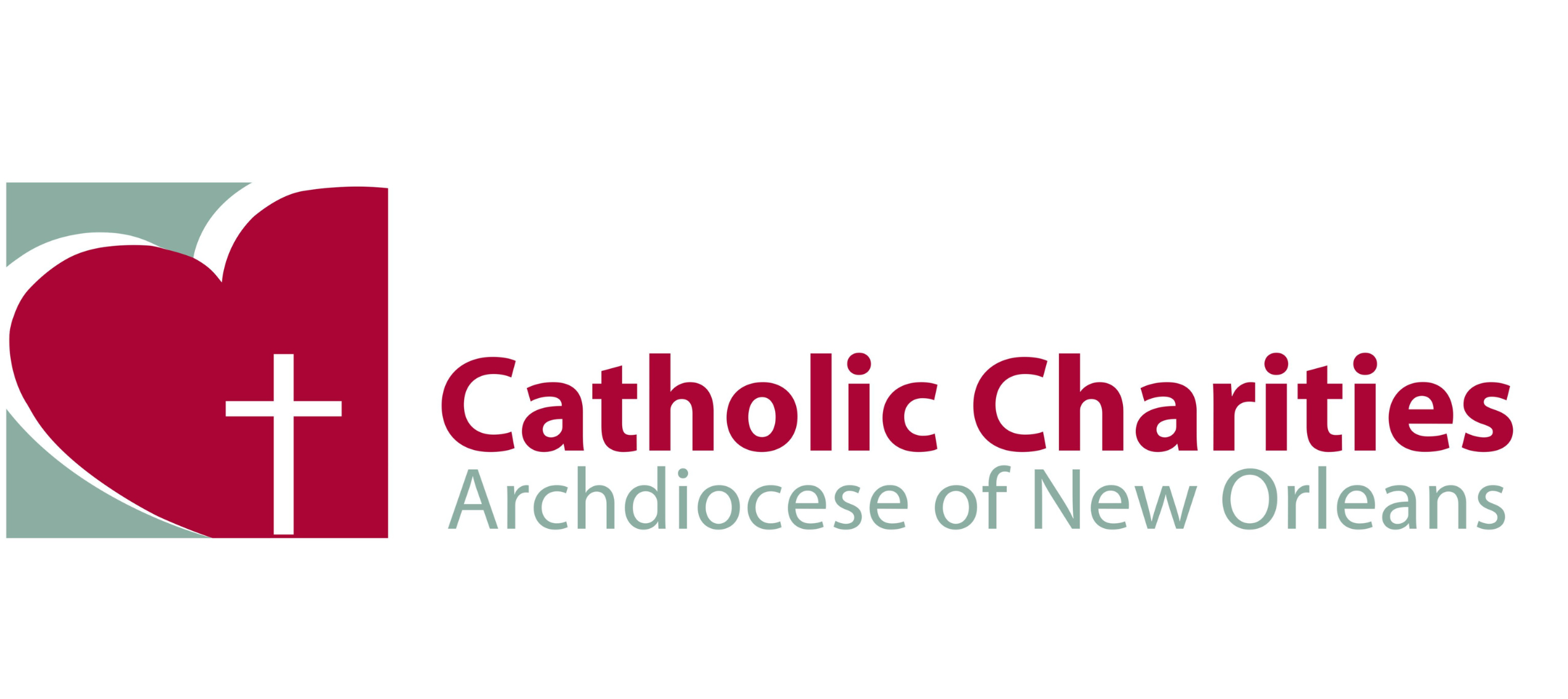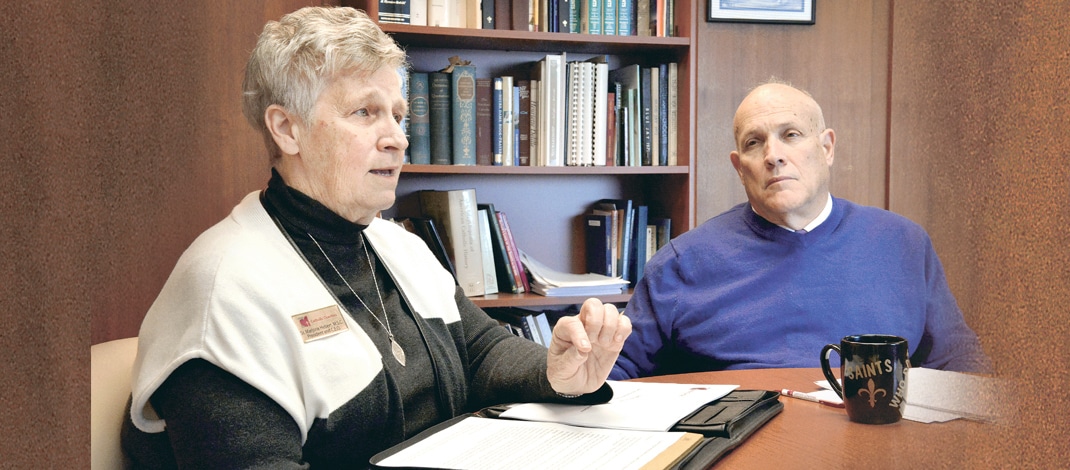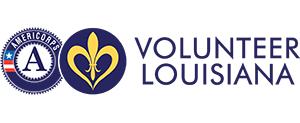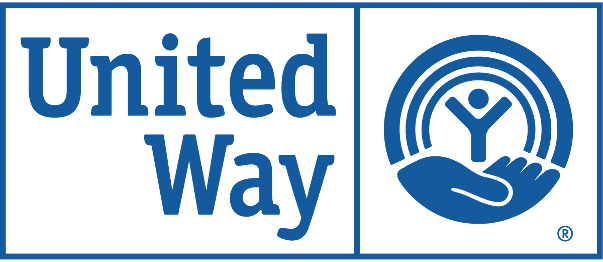February 10, 2019 by Peter Finney Jr.
When Marianite Sister Marjorie Hebert became president and CEO of Catholic Charities Archdiocese of New Orleans six years ago, Archbishop Gregory Aymond asked her to ensure that one of the agency’s primary missions would be to serve the archdiocese’s 121 parishes and missions.
“He told me, ‘I want you to be of assistance to our parishes and our priests and the needs of the people,’ and we have worked with that as our guidepost,” Sister Marjorie said.
Within a year, Catholic Charities established a parish outreach ministry that “does exactly what it says – reaching out to parishes to give direct assistance and meeting the needs of pastors” to help the needy, Sister Marjorie said.
Raise pastors’ awareness
Sister Marjorie and her staff have tried to raise awareness of that parish-centric focus by hiring two full-time staff members who rotate throughout the archdiocese and provide case management services and direct assistance when a pastor calls. She also has given reports to the Presbyteral Council to make priests more aware of the parish services.
Those parish efforts will be facilitated by the annual second collection that will be taken up throughout the archdiocese at all Masses on the weekend of Feb. 16-17. That collection, in addition to the annual Archbishop Hannan Community Appeal, which was founded in 1965, provide the unrestricted funds to help run Catholic Charities’ 30 programs.
“We are dependent on people’s support for us to give direct services within the parishes,” Sister Marjorie said. “Because of the second collection, we’re able to do more in giving direct services back to the parishes.”
Tom Costanza, division director of Catholic Charities, said his agency can help parishes when people come forward seeking assistance for a variety of needs. One example of the success has been simply signing up people in the parishes who did not realize they qualified for SNAP (the Supplemental Nutrition Assistance Program), Medicaid or Medicare benefits, which can sometimes add up to hundreds of dollars a month, Costanza said.
“Because of that parish outreach, we’ve calculated that people have been able to access $11 million in added benefits,” Costanza said. “It’s a collaboration. We have great case-management skills. The parish may have a few funds, and we may have a few funds, and we can work together. We’ve been able to serve every parish. We’ve been able to document that at least one parishioner, from every parish – and sometimes multiple people from a parish – have been served by one of our programs.”
Can do more collectively
Catholic Charities also collaborates strategically with parishes and with other existing parish ministries and with non-profits when there is a community need, Sister Marjorie said.
“We don’t do it all ourselves,” she said. “We will partner with a parish’s St. Vincent de Paul Society.”
In the last 18 months, Catholic Charities’ Office of Justice and Peace has trained 80 parish social justice coordinators using the model provided by the U.S. Catholic bishops, “Communities of Salt and Light.” Costanza said that faith-formation initiative explores Catholic social teaching; direct service and outreach; advocacy on criminal justice, immigration and human trafficking; and global solidarity.
“We want to make the comprehensive programs of Catholic Charities better known,” Sister Marjorie said. “We continue to hear from people that they don’t know what Catholic Charities does. We have programs that serve people from the moment of conception through their death and burial.”
Among those receiving growing interest recently are English as a Second Language (ESL) classes, domestic violence, Head Start early childhood education, prisoner re-entry services, PACE adult day care and Food for Families/Food for Seniors.
“We are very well known for our disaster relief services during weather-related events, but we’re also there in the everyday disasters of life, when people need food, shelter and clothing,” Sister Marjorie said.
Another major initiative will be moving homeless people away from a life on the streets into stable housing, along with assessing their physical and mental states and providing a road map for success. That program is being funded for the next four years through a grant from the Bezos Day One Fund.






